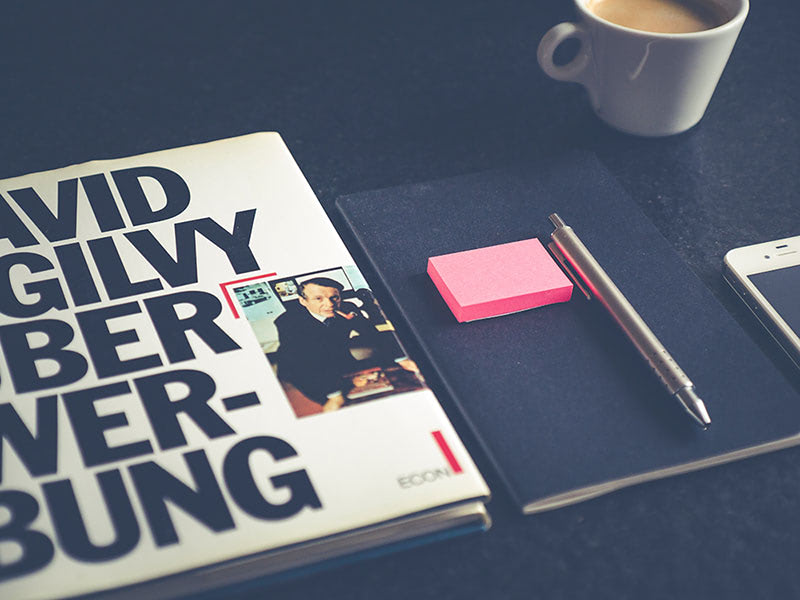Address
51 Samora Machel Ave, Throgmorton House, Harare
Work Hours
Monday to Friday: 8AM - 7PM
Weekend: 8AM - 4PM
Address
51 Samora Machel Ave, Throgmorton House, Harare
Work Hours
Monday to Friday: 8AM - 7PM
Weekend: 8AM - 4PM

Counterfeit goods are everywhere, and in Zimbabwe, they pose a growing challenge to consumers and businesses alike. From fake electronics to counterfeit medicines, these products not only harm the economy but can also endanger lives. Knowing how to spot counterfeit goods is essential for every consumer. In this guide, we’ll explore five effective ways to identify counterfeit products in Zimbabwe and avoid falling victim to scams.
What are counterfeit goods?
Counterfeit goods are fake products designed to imitate genuine items. These goods often mimic well-known brands, aiming to deceive customers into thinking they are purchasing high-quality products.
Why counterfeit products are a problem
Counterfeit goods undermine businesses, cost governments millions in lost revenue, and can pose serious health and safety risks. Whether it’s fake medicine or substandard electronics, the consequences can be severe.
The packaging is often the first giveaway when it comes to counterfeit goods. Look for inconsistencies in logos, fonts, or colors. Genuine products usually have high-quality printing, while counterfeits may feature spelling mistakes, faded logos, or flimsy packaging.
For example, if you’re buying a smartphone, inspect the box. Counterfeit packaging may have mismatched branding or blurry images, which are clear red flags.
If the price seems too good to be true, it probably is. Counterfeit goods are often sold at a fraction of the original cost. Compare the price with other retailers. If a deal seems suspiciously cheap, it’s worth reconsidering your purchase.
For instance, a brand-new designer bag being sold at half the market price could indicate it’s a counterfeit. Always be cautious of deals that seem unrealistic.
Counterfeit products often lack the attention to detail found in genuine items. Look for signs of inferior craftsmanship, such as uneven stitching, off-colors, or cheap materials.
Weight can also be a clue. Fake products are often lighter due to the use of substandard materials. When buying electronics, ensure all components are included and properly fitted.
Many products, especially electronics, come with unique serial numbers or barcodes. Always check these numbers against the manufacturer’s database. If the numbers don’t match or aren’t recognized, you’re likely dealing with a counterfeit.
Smartphones, for example, often allow you to verify their IMEI number online. Use this to confirm the phone’s authenticity before purchase.
One of the easiest ways to avoid counterfeit goods is by purchasing from authorized retailers or official brand stores. Street vendors and unverified online sellers are often unreliable sources.
Always ask for a receipt and a warranty. These provide a layer of security and make it easier to address issues if the product turns out to be fake.
In Zimbabwe, there are several tools and resources that can help consumers verify products:
Health and safety risks
Counterfeit medicines can cause serious harm, while fake electronics might overheat or catch fire. These products are not subject to quality controls, making them unsafe.
Economic and legal consequences
Purchasing counterfeit goods supports illegal operations and hurts local businesses. In some cases, possessing or selling counterfeit items can lead to legal repercussions.
Education and vigilance are your best defenses against counterfeit goods.
Conclusion
Counterfeit goods are a significant problem, but with the right knowledge, you can protect yourself and your money. Always inspect the product carefully, verify details like serial numbers, and stick to trusted sellers. By staying vigilant, you can avoid falling victim to counterfeits and support genuine businesses.
1. How do counterfeit goods affect the economy?
Counterfeit goods harm local businesses and reduce government tax revenue, negatively impacting economic growth.
2. Are there penalties for selling counterfeit goods in Zimbabwe?
Yes, selling counterfeit products is illegal and can result in fines, confiscation of goods, or even imprisonment.
3. Can counterfeit goods be returned or refunded?
In most cases, counterfeit goods cannot be returned. This is why it’s important to buy from trusted sellers.
4. What role does technology play in identifying counterfeits?
Technology like QR code scanners and online verification tools makes it easier to detect fake products.
5. How can I report counterfeit goods in Zimbabwe?
You can report counterfeit goods to local consumer protection authorities or the police to help prevent others from being scammed.